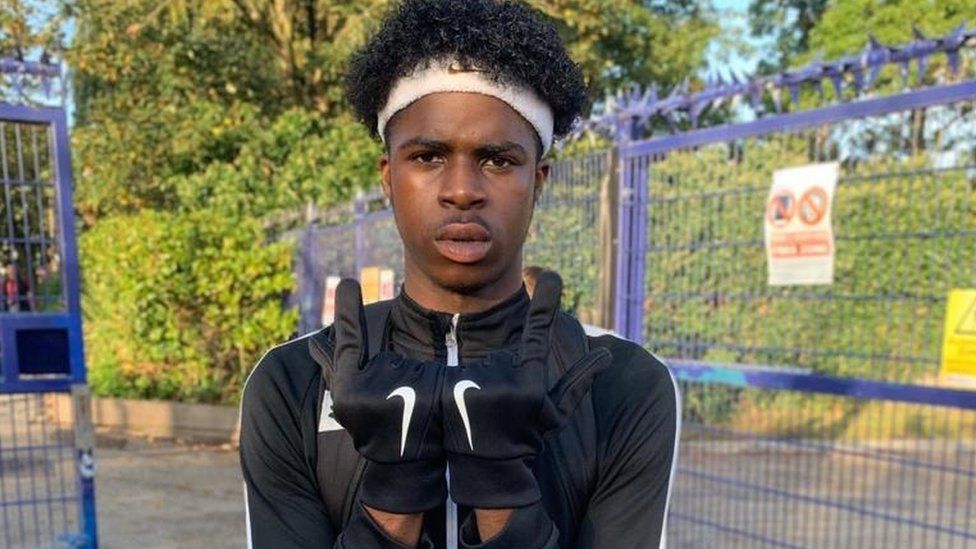Originally from Chicago, Drill music is a genre that is most known for its violent and gritty lyrics. Drill is often performed by young people, mainly teenagers, and is said to reflect their lives on the streets. In the United Kingdom UK drill, as is mostly known, has been one of the most popular genres ever since originiating in the South London district of Brixton from around 2012. Its popularity has seen it spread its way across the UK over recent years. The difference between the US and UK versions is mainly due to production. For example the UK subgenre is more fast paced than the US counterpart.
East London, largely the Homerton and Newham districts, are home to some “drillers” who have achieved a devoted following either in the underground side of their genre or in the mainstream. Unknown T is one of the most famous, already having over one and a half million monthly listeners on Spotify. In 2020 he released an album, Rise Above Hate, that has received critical acclaim from NME and Clash Magazine. V9, or the “Homerton Sensei” as he is known, is another driller who has received a lot of attention from a more mainstream audience, and already has over half a million monthly listeners on Spotify. His latest mixtape, Yūdokuna released in May 2020, has been very well received by his listeners, and 2021 may be the year he blows up.
Drill music has often been linked with gang violence and criminal activities, mainly due to its lyrics and the masks and balaclavas that many “drillers” wear in their music videos. But one driller has caught the attention of the world by attempting to alter this reputation by using his music to spread awareness about COVID.
The 18-year-old South London rapper Psychs released a track in March last year called ‘Spredin’ (Coronavirus)’ in which he raps about the absence of football from his life due to COVID. But in his track he also tries to give advice to his listeners about the ways in which they can prevent the spread of the deadly virus.
“Wash your hands, don’t touch me please (…) We can make a handshake using our feet, We can make a handshake using elbows, knees (…) Please don’t cough on me, Sneeze but don’t get snot on me, That might lead to quarantine”
Given the fact that drill music is targeted for its aggression, this was a timely example of how the genre can be used for the greater good. And it is not the only example.
But regardless of Psychs, is it fair to accuse UK drill of promoting gang violence and knife crime? Yes there have been cases where prosecutors have been able to use the lyrics of certain drill tracks in the courtroom as evidence, but the question we should be asking is whether it is fair to vilify an entire genre because of a few examples like this.
It’s also important to note that not every drill song follows the same thematic. Hope Dealers are a group consisting of former gang members that now mix drill music with gospel to try and rescue young teenagers from violence and drugs. Every Sunday the group rap about redemption and salvation in the SPAC Nation Church in London.
The truth is that drill music is a genre that is so rooted in the “streets” that the majority of the rappers are not rapping about what they do but what they see around them. Many of them have no escape from this reality so they choose to use music as a medium of expression for their experiences. For the majority of these rappers making music might be one of the only ways of transitioning from this reality into a better one – one in which they are not pressured to be part of a gang or in which crime is their best chance of making money.
It’s not the violent lyrics that define drill, it’s the music.




